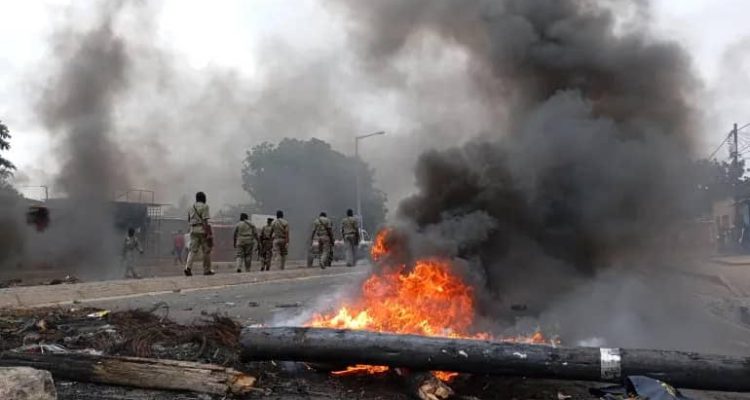
Mozambique’s recent elections, held in October 2024, were marked by political unrest, widespread allegations of electoral fraud, and protests, offering crucial lessons for neighbouring Malawi.
As Mozambique faces serious challenges in the aftermath of its elections, Malawi must take heed of these developments to ensure its electoral process remains fair, transparent, and peaceful.
The Crisis in Mozambique
Following the October elections, opposition parties in Mozambique raised alarms over voter suppression, fraud, and the perceived bias of the electoral process.
These claims sparked protests across major cities, demanding transparency and accountability from the electoral commission. In response, clashes between protesters and security forces erupted, further destabilizing the political environment.
The situation has left the government under pressure to address these concerns swiftly to restore public confidence and maintain peace.
Key Lessons for Malawi
Transparent Electoral Processes
Mozambique’s experience underscores the vital importance of a fair and transparent electoral system. Malawi must ensure its elections are free from fraud and manipulation by strengthening mechanisms like independent electoral commissions, secure voter registration systems, and comprehensive monitoring by local and international observers.
Promoting National Unity
The post-election period is a critical time for national cohesion. Malawi must learn from Mozambique’s struggles by fostering unity among political parties and citizens. Political leaders should embrace the outcome of elections and resort to legal avenues if they wish to contest results. Avoiding inflammatory rhetoric and encouraging dialogue can help mitigate division and violence.
Strengthening Democratic Institutions
The credibility of any election hinges on the strength of democratic institutions. Malawi needs to empower its judiciary, parliament, and electoral bodies to operate independently and impartially. By ensuring these institutions function without bias, Malawi can more effectively manage post-election disputes and prevent conflicts from escalating.
Effective Conflict Resolution
Mozambique’s challenges demonstrate the importance of conflict resolution mechanisms. Malawi can take proactive steps by establishing frameworks for mediation between political parties and other stakeholders. These measures can prevent tensions from spiralling into widespread unrest.
Public Engagement and Education
Public awareness plays a key role in maintaining election integrity. Educating Malawians on their rights, the electoral process and the importance of peaceful protest can help reduce misinformation and ease tensions. When citizens are informed, they are more likely to trust and engage with the electoral process.
Conclusion
The political instability in Mozambique is a clear warning for Malawi, highlighting the need for robust electoral reforms and post-election management. By ensuring transparency, promoting unity, strengthening democratic institutions, and prioritizing conflict resolution, Malawi can avoid the pitfalls seen in Mozambique and safeguard its democratic future.
An Appeal to the Malawi Electoral Commission
In light of the situation in Mozambique, opposition parties in Malawi have called for an independent audit of election results. This call should not be dismissed.
The Malawi Electoral Commission (MEC) must take these concerns seriously and consider an independent audit to uphold transparency and public trust in the electoral process.














